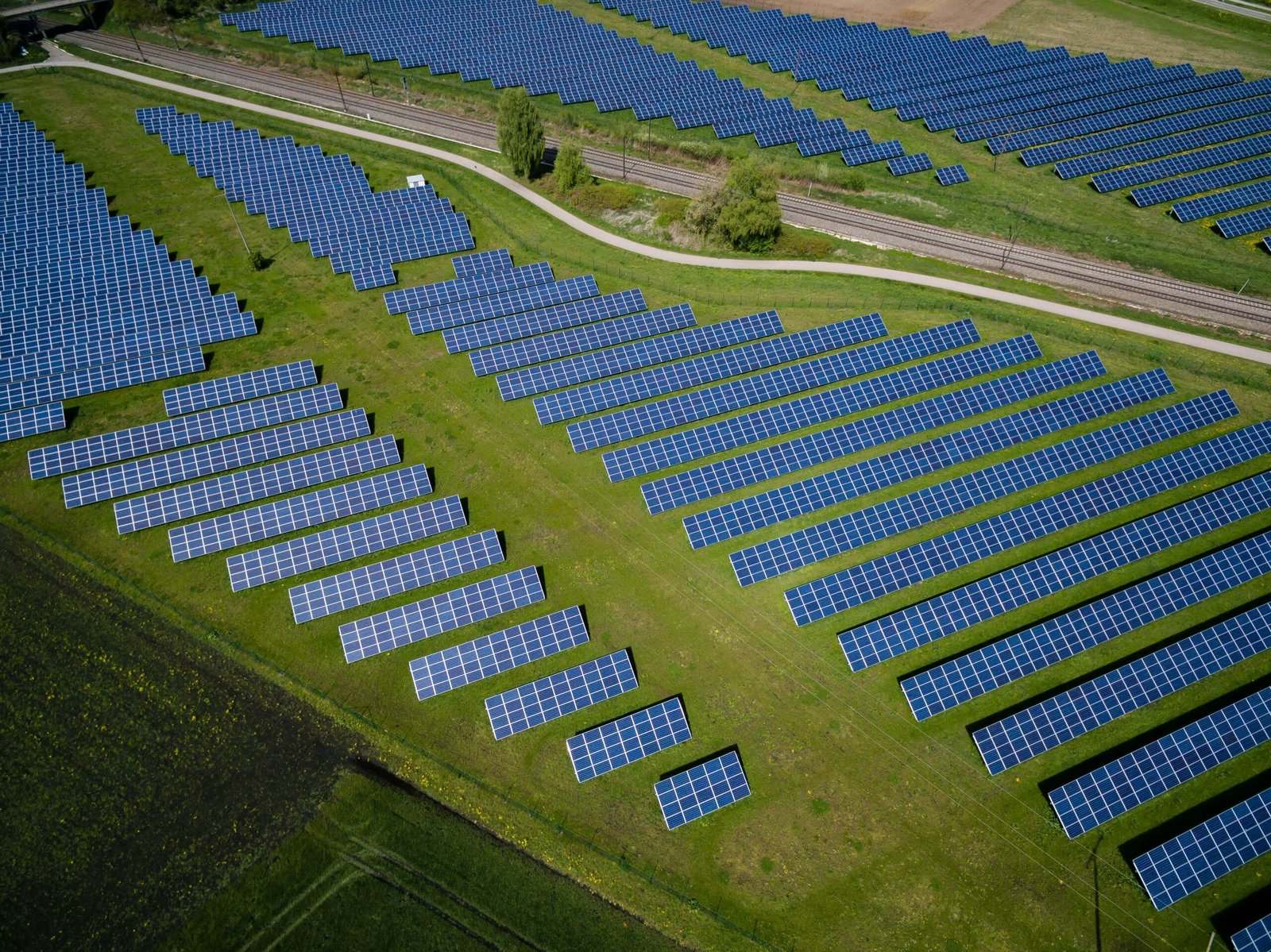Renewable energy has become an increasingly important topic in recent years as the world looks for sustainable alternatives to traditional energy sources. One technology that has the potential to revolutionize the renewable energy industry is artificial intelligence (AI). AI can be used to optimize and improve various aspects of renewable energy production, making it more efficient, reliable, and cost-effective. In this article, we will explore some of the key uses of artificial intelligence in the field of renewable energy.
1. Energy Management and Grid Optimization
Artificial intelligence can play a crucial role in managing and optimizing renewable energy systems. AI algorithms can analyze vast amounts of data, including weather patterns, energy demand, and supply, to optimize the operation of renewable energy installations. By predicting energy demand and supply fluctuations, AI can help balance the grid and ensure a stable and reliable energy supply.
AI can also optimize the scheduling and dispatch of renewable energy sources, such as solar and wind farms. By analyzing real-time data and weather forecasts, AI algorithms can determine the optimal times to generate and store energy, maximizing efficiency and reducing waste. This can help reduce the reliance on fossil fuel-based power plants and increase the overall share of renewable energy in the grid.
2. Predictive Maintenance
Maintaining renewable energy infrastructure, such as wind turbines and solar panels, is crucial for ensuring their optimal performance and longevity. Artificial intelligence can be used to predict and prevent equipment failures by analyzing sensor data and identifying patterns that indicate potential issues.
By continuously monitoring the performance of renewable energy systems, AI algorithms can detect early signs of equipment degradation or malfunctions. This enables proactive maintenance, reducing downtime and increasing the overall efficiency and reliability of renewable energy installations.
3. Resource Optimization
AI can help optimize the use of renewable energy resources, such as sunlight and wind, by predicting their availability and adjusting energy production accordingly. For example, AI algorithms can analyze weather data to determine the optimal tilt angle for solar panels or the most efficient positioning of wind turbines.
By optimizing the utilization of renewable energy resources, AI can increase the overall energy output and efficiency of solar and wind farms. This not only improves the economics of renewable energy but also reduces the environmental impact by minimizing the need for additional land or resources.
4. Energy Storage and Grid Integration
One of the main challenges of renewable energy is its intermittent nature. AI can help address this challenge by optimizing energy storage systems and integrating renewable energy sources into the grid more effectively.
AI algorithms can analyze historical energy production and consumption data to predict future energy demand and optimize the sizing and operation of energy storage systems. This ensures a reliable energy supply even during periods of low renewable energy generation.
In addition, AI can help optimize the integration of renewable energy sources into the grid by managing the flow of electricity and balancing supply and demand. This can help reduce the need for expensive grid infrastructure upgrades and enable a smoother transition to a renewable energy-based grid.
5. Energy Efficiency and Demand Response
Artificial intelligence can also be used to improve energy efficiency and enable demand response programs. AI algorithms can analyze energy consumption patterns and provide personalized recommendations to consumers on how to reduce their energy usage.
Furthermore, AI can enable demand response programs by automatically adjusting energy consumption based on real-time electricity prices or grid conditions. This can help reduce peak demand, improve grid stability, and incentivize the use of renewable energy sources.
In conclusion, artificial intelligence has the potential to revolutionize the field of renewable energy. By optimizing energy management, predicting equipment failures, optimizing resource utilization, improving energy storage, and enabling demand response, AI can significantly enhance the efficiency, reliability, and cost-effectiveness of renewable energy systems. As the world continues to transition towards a sustainable future, the integration of AI into renewable energy will play a vital role in achieving our clean energy goals.

